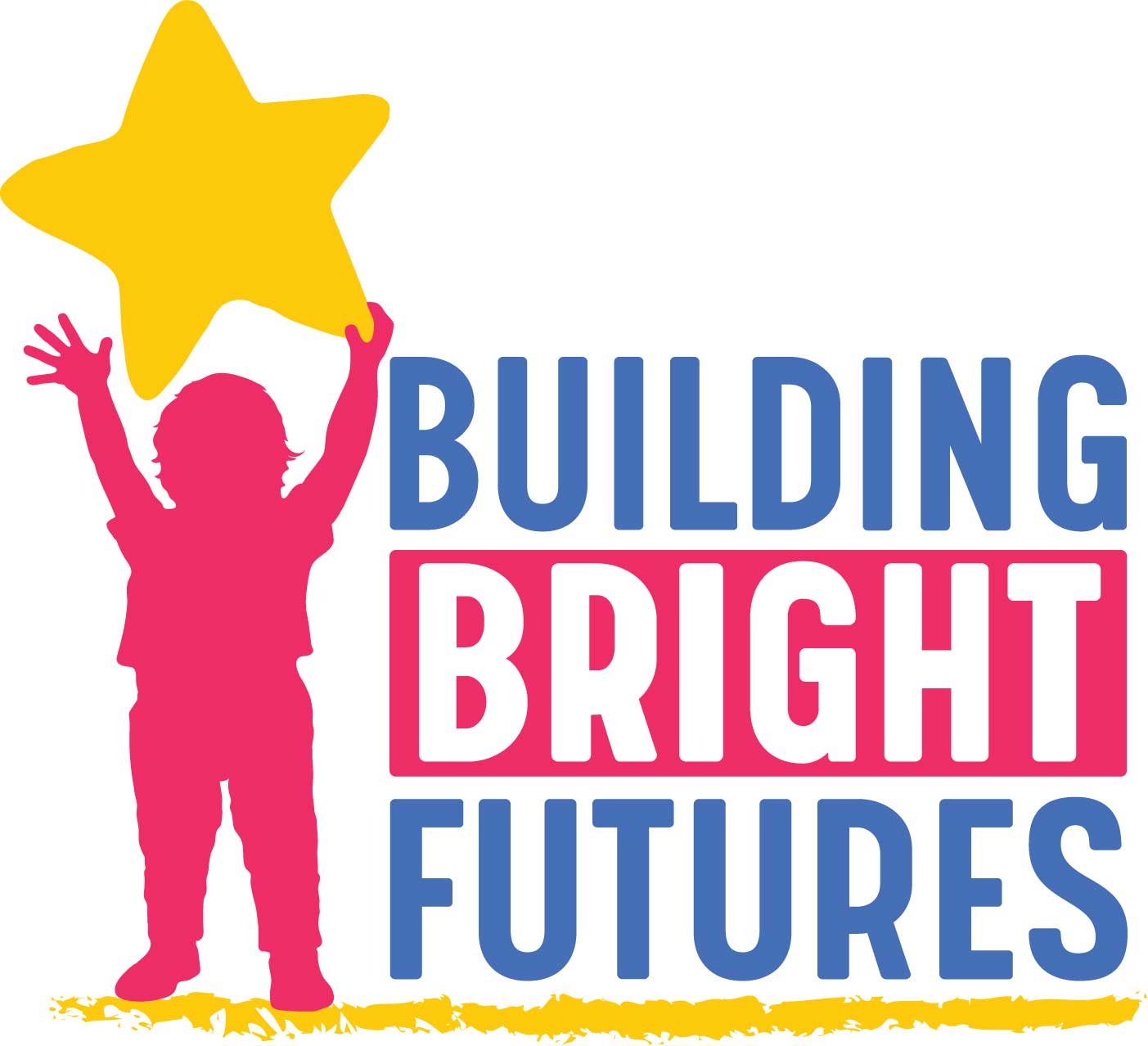Building resilience in our communities
News from the Network is an email series from Building Bright Futures that spotlights the work of Regional Councils, updates related to early childhood data, emerging priorities from VECAP Committees, and more. Written by our Policy and Program Director Anna Brouillette, this update gives a closer look at BBF’s work across the state of Vermont to improve the well-being of young children and families.
A New Year and Continued Gratitude for Early Childhood Professionals and Family Leaders
As we kick off a new year in a continued state of uncertainty and challenges exacerbated by the pandemic, the Building Bright Futures team remains extraordinarily grateful to the early childhood professionals providing direct, critical services and care to families with children prenatal to age 8 during this time. We also are particularly thankful for our growing group of parent and caregiver leaders who take time out of their busy schedules to participate in and provide feedback through the Families and Communities Committee. Their participation and leadership is strengthening the BBF Network’s ability to serve in its advisory role, and move forward the vision for an integrated, high-quality, equitable, and accessible Early Childhood System that improves outcomes for each and every child in the prenatal period to age 8 and their family in Vermont.
A Spotlight on Regional Resilience Building Activities
The beginning of the year also marks the release of the State of Vermont’s Children, BBF’s annual report providing a data-driven assessment of the state of well-being of young children and families in Vermont. Among other things, the report features data from the National Survey on Children’s Health (2018-2020) which illustrates both the percent of children in Vermont estimated to have experienced adverse childhood experiences (ACEs) or trauma, as well as the percentage of children identified as having “flourishing characteristics” or resilient attributes and skills that help mitigate the impact of potential trauma.
At the start of 2022, Regional Councils continued to gather virtually to address the most pressing needs and gaps in their communities. Given the pandemic and workforce crisis’ continued strain on families, early childhood programs, and young children, practices and efforts to build resilience in our communities were a common theme for a number of the 12 Regional Councils in January.
Understanding Resilience Beyond “ACEs” in Lamoille County
During their January meeting, the Lamoille Regional Council hosted the Director of Trauma Prevention and Resilience Development in Vermont, Kheya Ganguly. Kheya delivered a presentation titled “Beyond ACEs: Understanding Resilience and Incorporating Resilience Strategies in Our Work.” The presentation led to a robust discussion for the region’s early childhood partners and stakeholders, who strategized on how to implement these strategies into their work as a Council, and more broadly in their respective fields and roles.
Supporting Children and Families Impacted by Parental Incarceration in the Orleans/Northern Essex Region
This month, the Orleans/Northern Essex Regional Council is hosting trainings with Tricia Long and Lida Lutton from Resilience Beyond Incarceration, a program of the Lamoille Restorative Center. The trainings will focus on how communities and providers can best support the unique needs of children and families who have experienced parental incarceration. Participants will also be encouraged to reflect on the impact of stigma and to consider their own implicit bias, in addition to being introduced to a variety of resources they can use to support these children and families. Two trainings will be held in February. These resiliency-oriented trainings follow last month’s focus for the Regional Council which also featured a training opportunity, titled “Nurturing Your Mind,” an emotional empowerment workshop for educators with Dr. Gillian Boudreau.
Tracking and Elevating Emerging Priorities
As the pandemic continues to impact early childhood programs and services in our communities and other topics emerge as priorities, BBF is taking an active role in tracking feedback from our Network. On a biweekly basis, our team is sharing a list of emerging priorities with agency leaders to take into immediate consideration in their work providing oversight, guidance, and support to Vermont’s early childhood system. The priorities that we’ve elevated to administrative leadership in the past month include:
- Challenges with accessing mental health and intervention services for children in foster care in service areas outside of where their assigned caseworker and other potential caregivers live
- A gap in access to rapid COVID-19 tests for public pre-K programs, challenges with access to KN95 masks for child care and pre-K programs, and concerns about running out of the supply of rapid tests that programs were provided through “Tests for Tots”
- Calls for more clear and consistent guidance on suspension and expulsion guidelines for early childhood programs, and a need for additional resources for coaching early educators to respond to challenging behaviors or needs in a developmentally appropriate way






